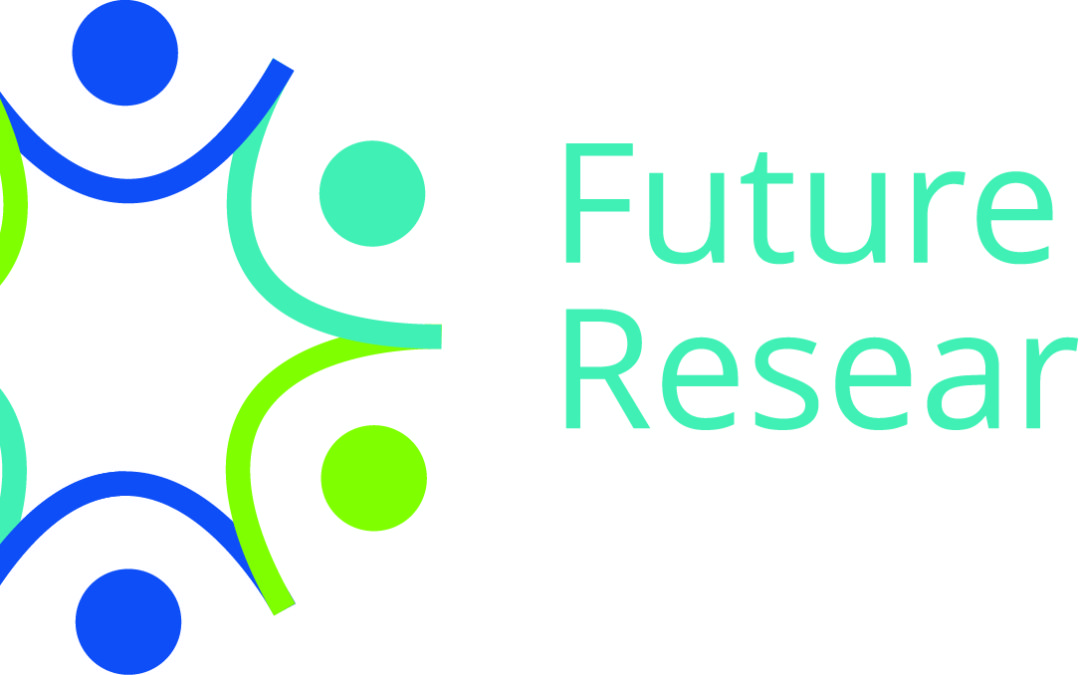This is part of a series of blog posts explaining our push for centering mentoring in academia. We are organizing a meeting in Chicago in June 2019 to take action – you can learn more about the effort here.
Donate to our mentoring effort!
This is a post by BoD member Dr. Kaliris Salas-Ramirez. This takes us into January, which is National Mentoring Month. We will continue to discuss mentoring and provide updates as our conference planning progresses here.
Mentorship, leadership, institutional policies and systemic change should be something that researchers, as part of institutions, should always be thinking about. Understanding power structures, power dynamics and engaging in bias training that includes learning about racism as a social construct, is critical for bringing about transformative change in the sciences. As professionals committed to innovation and improving the lives of others, understanding these different aspects of systems will allow us to deepen our mentoring relationships within our laboratories and departments. These play a critical role in the development of scientists at every career level and can elevate the voices of even the most marginalized and oppressed groups to promote equity in the research enterprise.
Based on my lived experiences, identities and roles, I have many things to say when it comes to privilege, bias, racism and relationships in the academy. I am a Puerto Rican Neuroscientist that trained at Michigan State University (the first to graduate with a doctorate from an underrepresented group (URG), Black and Latinx, in Neuroscience) and is currently faculty at the CUNY School of Medicine (one of three people of color with PhD’s in the sciences). Although I am a single mother of a Black son, I was raised in a nuclear family where both my parents have doctorates and my sister is an Engineer. I don’t have an accent in either English or Spanish, so I am given access to many spaces, that others may not have access to. I have benefited from many structured mentoring programs that have provided me with the support that I have needed to overcome some very difficult situations during my doctorate and post doc training. If there is one thing that I can say with certainty, mentoring must be at the center of academia as it ensures success for all trainees by empowerment, professional growth and career satisfaction.
Due to the lack of representation in the faculty, I try very hard to be present for my students, especially my trainees. Nevertheless, I see Black and Brown students’ lives impacted in ways that I can’t even begin to describe because of racism and biases within our institutions that can be exacerbated in their mentoring relationships. Due to the lack of institutional or mentoring support, I have supported students and postdocs through extenuating financial circumstances, marriages and divorce, HIV+ diagnoses, new relationships, gender reassignment, “coming out” to their family and friends, relocations, citizenship and green card status, addictions, new babies and deaths in their families, mental health struggles and sexual assault. Most of them feel like they don’t belong in academia or higher education because institutions don’t protect our students and are not always so understanding when it comes to the humanity of the people they serve. Ashamed of their inability of managing these situations in silence and that now they failed an exam, course or had an unsuccessful experiment and cannot meet certain deadlines imposed upon them, most trainees feel like the only option is to leave academia, as they see no other option. A lot of their feelings around failure are equated to their gender, color of their skin, socioeconomic status, country of origin or sexual orientation. Frustrated, that their mentors/advisors who have far more power, could be supporting them in far more significant way but don’t recognize how or even that their mentees need their help because of not creating an intentional relationship with them. As I try to assist in these matters, many times, I feel paralyzed by the lack of power that we possess in remediating some of the systemic issues manifested in academia and the lack of support for mentoring.
As faculty, it is my responsibility, as the person with more power than the trainees, to make the time and space for all of our trainees and fellow colleagues to thrive and succeed in inclusive, equitable, anti-racist, anti-bias spaces. Unfortunately, most institutions do not speak about these challenges openly; and we certainly are not compensated for creating these spaces for each other or our students. This must change if we want to sustain our institutions as places of progressive innovation.
As an early career researcher (ECR) it is hard to challenge the “status quo” in an academic institution, but engaging in community civic engagement I have found ways to evolve and become an emergent strategist. I have found several colleagues that are committed to the same, and Future of Research is one of those organizations that envisions this kind of change for institutions.
As we put together our mentoring conference, and think about how to best support ECRs, especially those from URGs, we must be intentional and adaptive. We cannot be scared of collaborations and community engagement. And if we really want to consider changing policies, we must first recognize that institutions are not democratic, and are set up to keep those that have the most power in power, making the mentee the least protected stakeholder. Therefore, as part of this charge, we must create safe spaces for those involved in these conversations. We must recognize that there will be discomfort and push back from those that are accustomed to holding the positions of power. Through community building, humility and collective vision I have seen how conversations about equity, inclusion, anti-racism and anti-bias practices can result in changes in culture, climate and policies with time for reflection and process.
Since engaging in equity and anti-racist work almost four years ago, my mentoring relationships have since also been much more transformative. As a mentor, I have been much more receptive to what my mentees have to say and teach me. I have engaged them in many more conversations of their lived experiences so that it informs our experiments, the interpretation of data and what reach they feel the data can have. This has increased my mentees drives, productivity, independent work, and time spent in the lab. As a mentee, I have learned to challenge my mentors more, break away from the power dynamics to a more authentic relationship that supports growth and autonomy, which has formed my identity as an academician, researcher, educator, mentor and sponsor.
To highlight some resources:
Books:
Pedagogy of the Oppressed By Paulo Freire
Emergent Strategy by Adrienne Marie Brown
Decolonizing Academia: Poverty, Oppression and Pain by Clelia Rodriguez
White Fragility: Why it’s so Hard for White People to Talk about Racism by Robin DiAngelo
Workshops/Organizations:



Trackbacks/Pingbacks